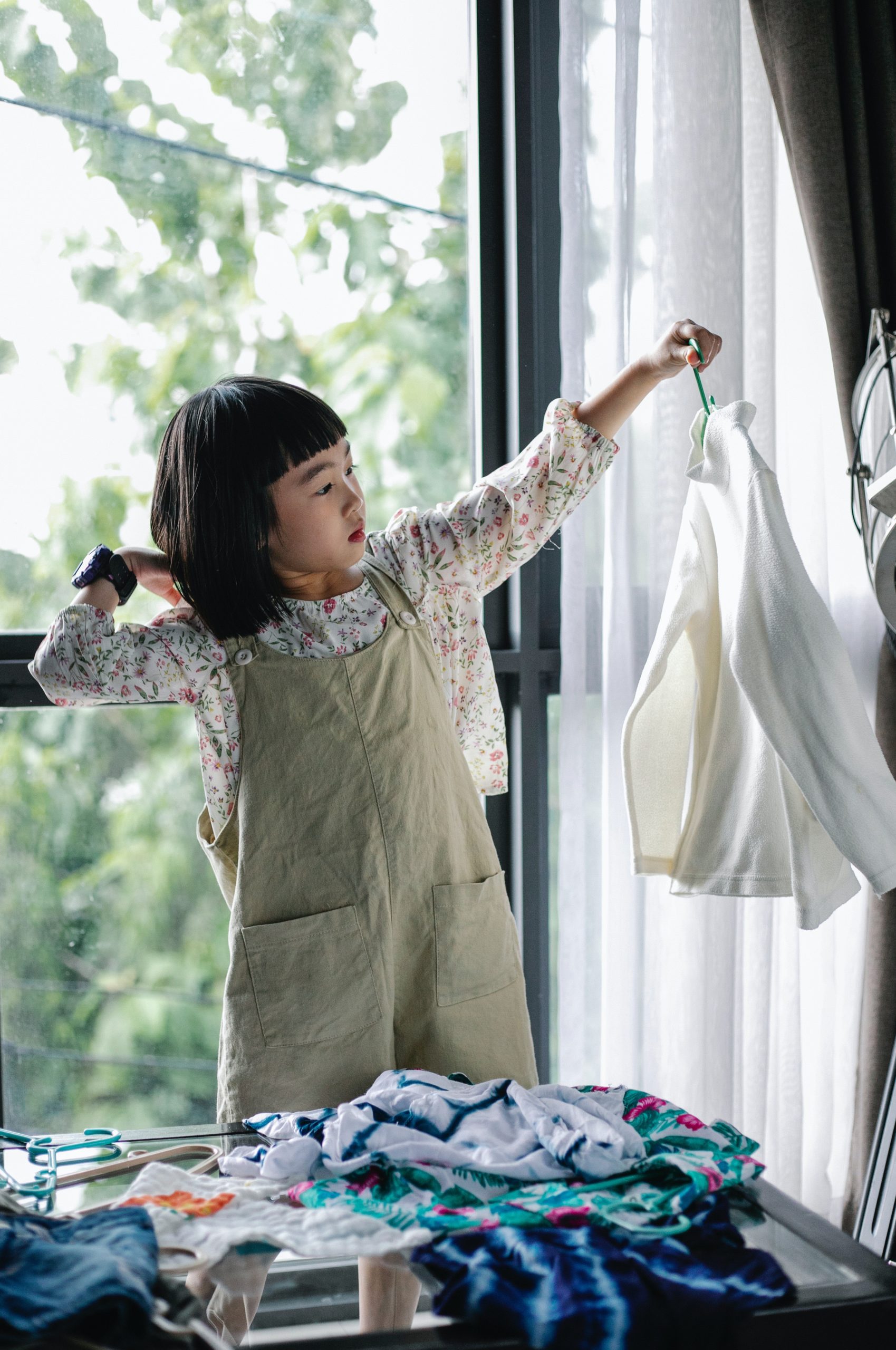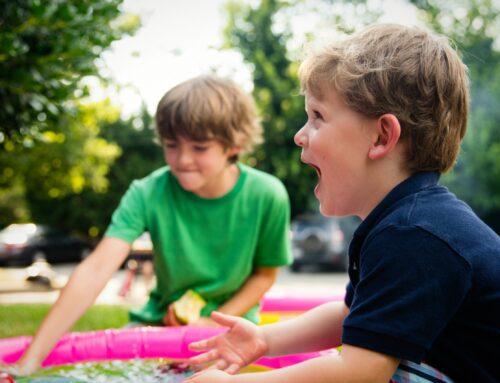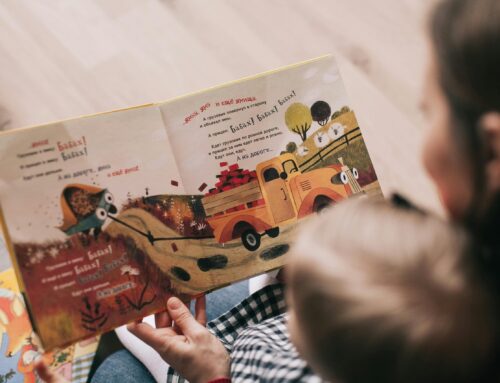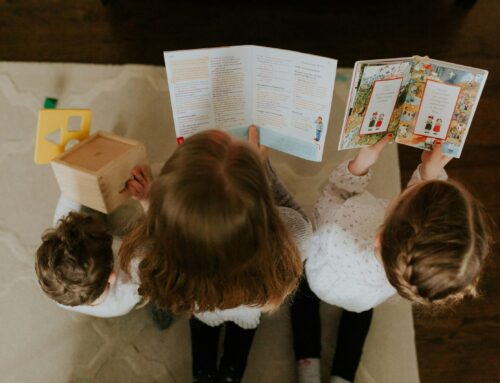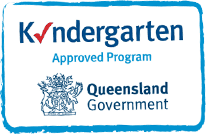“You get what you get, and you don’t get upset”
Does this support emotional regulation in our little people?
By Emma Daniels
I have been pondering this saying recently; “You get what you get, and you don’t get upset.” I have heard this over and over again, both in my personal life and in my professional life as a teacher! As adults we tend to say this to children.
Picture this if you will….
It’s 30C, you are on the foreshore soaking up the sunshine, breathing in the salt air and you smell freshly baked waffle cones. It’s coming from the ice-cream joint up the street. You hold off, try to be good but then you think ‘treat yo self’. So off you pop to the ice-cream shop more than ready to appease that craving. There’s a queue, of course, because it is the best ice-cream joint in town. When you finally get to the front counter, you order a mint choc chip scoop in a fresh waffle cone. The person sets about making your ice-cream, then hands over a scoop of mint choc chip in a cup. You politely explain, “I ordered a waffle cone”, to which the server replies, “you get what you get, and you don’t get upset.” Excuse me? I want what I ordered!
As I reflect on this scenario I think, I know what I want. I do not appreciate people telling me what they think I want. I also don’t like being told how I feel. Why can’t I be upset? I didn’t get what I wanted, this makes me sad, maybe mad, certainly frustrated. I was so hanging out for that ice-cream and it is disappointing when you don’t get something you have been looking forward to. So this makes me think, why do we expect our children to have the emotional regulation skills to handle disappointment and frustration without a fuss?
It’s a juggling act
How many times have you had an argument with your little one over what they want to wear for the day, how they want their hair, or what colour cup they want at lunch? I can almost guarantee you the exact same back and forth is occurring in the majority of family homes across the country! And it always seems to happen at the time when you can least afford to stop and work it through. Our little ones are learning who they are, what they like and to use their voices. And while this is a great thing, it can be frustrating when you have a million other things on your mind and plate. It can be so easy to attempt to stop the argument in its tracks with, “you get what you get, and you don’t get upset.” But is this really helpful?
No judgement here team, it is normal to react in this way. I mean really in the grand scheme of things water tastes like water, regardless of the cup colour right? And clothes serve a purpose! However, it is important to remember, that our little ones are finding their voice, learning who they are and becoming confident in expressing themselves. This is something we want to encourage, we want them to be able to stick up for themselves, and this is where it starts. Before we glibly say the catchy phrase we need to consider the message we are sending.
“You get what you get”
I know that oftentimes in life, we don’t have a choice or it may at least feel that way. And yes, there are times where we have to roll with the punches and just accept things as they are.
“And you don’t get upset”
But how often do we not get upset in the face of disappointment as adults? Yes we have learned, for the most part, to regulate our emotional reaction to disappointment, but we still feel it. I really wanted that waffle cone, I was told I couldn’t have it with no explanation, just “you get what you get, and you don’t get upset.”. But why ever not? Children take in so much from the world around them over the course of the day. And this includes how we ourselves react to disappointment, anger, frustration, sadness. They are still developing strategies to regulate their emotions effectively, they take their cues from us.
This doesn’t mean I’m suggesting a free-for-all, where children never hear the word no, and every whim is met. This is not helpful for you or your child. But it is important to be aware of the message we are sending when we tell our children not to feel their feelings. So while it may appear harmless on the surface, what message are we really sending? And what can we say instead?
What to say when children do get upset:
- I can see that you are disappointed, you are crying because you asked for a fork and I gave you a spoon, it is ok to be sad when we don’t get what we want. All of our forks are in the dishwasher right now and it won’t be ready until after bedtime. I can make sure that you have a fork with breakfast. Here we are letting them know it is ok to feel the way they feel, explaining why they can’t have what they want right now and giving them a solution.
- You wanted to wear the Spiderman costume to Kindy, but it has a hole in it so I told you no. You got angry and hit me. It is ok to be frustrated about not being able to wear your costume, but it is not ok to hit me. That is not how we treat people. When you are ready to talk, we can have a cuddle and figure out a solution. We acknowledge that they are feeling angry, we validate the feeling but let them know that the behaviour of hitting is not ok, letting them know that once they have calmed down you are still there for them and together you can come to a solution.
- Sometimes giving choices can stop the argument from even occurring. This gives your child the opportunity to be a part of the decision making while you control the options. E.g. Boots or runners? Dress or leggings? Jumper or jacket?
We all should feel safe to feel what we feel, regardless of age. I will leave you with this quote, which I love.
“When little people are overwhelmed by big emotions. It’s our job to share our calm, not join their chaos.” L. R. Knost

